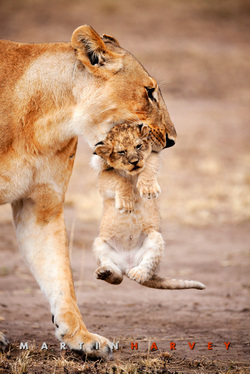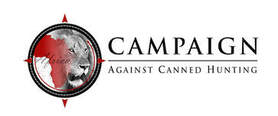
“Do you have lion and tiger cubs for us to play with?”
“No. We do not offer cub-petting, because the only market for the cubs when they grow up is the canned hunting industry.”
“Oh….not to worry, we’ll go somewhere else.”
But for the support of philanthropists, the owners of the predator park would long ago have been obliged to decide:
1. Do we allow breeding to produce cubs for petting? Or
2. Do we sell or euthanise our animals and close down.
The money from cub petting is huge. Some facilities make millions of rands a month.
NSPCA staff have described how a predator park near Johannesburg undertook to abandon cub petting because of ethical concerns. Unfortunately, the loss of income was so severe that the predator park was forced to renege on its undertaking, and bring back the cub petting. Good intentions trumped by economics.
How can we stop tourists from the developed world indulging in cub-petting? That responsibility falls principally on the shoulders of the animal welfare organisations in USA and Europe. So far, most have failed the lions miserably.
However, one NGO in the Netherlands is setting a great example.
Stichting SPOTS have an excellent initiative in Holland, which could be a model for all others - persuading the major tourist associations to adopt a Code of Practice for animal welfare. Dutch tourism associations agree not to promote or patronise any ‘sanctuary’ in South Africa that fails to observe the five freedoms for captive animals which are enshrined in the UDAW - the Universal Declaration of Animal Welfare. Then it would fall to the tourism industry to educate its clients on the evils of cub- petting.
S.A. lion farmers clearly would not qualify to be supported by ethical tourists, and the flow of funds would dry up. No funds, no cubs. No cubs, no breeding. No breeding, no canned lion hunting.
So it is up to us - the animal welfare community - to persuade the tourism industry to come on board and implement an acceptable code of practice. Come on Euro and US NGO’s, here is an important issue for you to take up.
Warning: even with a fine-looking Code of Practice and the best of intentions, it will not be easy to cut off the flow of funds to the lion farmers. They are nothing if not resourceful and if you look at their websites, you can see how cleverly they pass themselves off as wildlife sanctuaries. Moreover, some of them even do some useful wildlife sanctuary work with other species and that further muddies the waters. Whilst it would be easy to blacklist, say, members of the SA Predator Breeders Association, the balloon effect would certainly happen. (if one squeezes a balloon here, it pops out over there.)
